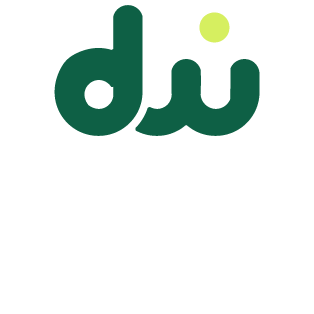The Nigerian government has removed value-added tax (VAT) from a wide range of goods and services under the new Nigeria Tax Act, signed into law by President Bola Tinubu on June 26.
This legislation is part of four tax reform bills, alongside the Nigeria Tax Administration Act, the Joint Revenue Board (Establishment) Law, and the Nigeria Revenue Service (Establishment) Act.
All the laws are scheduled to take effect from January 1, 2026, under the newly named Nigeria Revenue Service (NRS).
Under the new law, about 15 items are fully exempt from VAT.
These include oil and gas exports, crude petroleum oil and feed gas for processed gas, goods used in humanitarian donor-funded projects, baby products, locally manufactured sanitary towels, pads, or tampons, military hardware, arms, ammunitions, and locally made uniforms supplied to armed forces and security agencies, shared passenger road transport services, purchase, hire, rental, or lease of tractors, ploughs, and other agricultural equipment, supplies consumed by approved entities in export processing or free trade zones, goods or services supplied to diplomatic missions or diplomats acting in the public interest, plays and performances conducted by educational institutions, land or buildings including interests in land or buildings, money or securities including interest, government licenses, and assistive devices for people with disabilities such as hearing aids, wheelchairs, and braille materials.
An additional 19 items are subject to VAT at a zero percent rate.
These include basic food items, all medical and pharmaceutical products including medicinal herbal products, educational books and materials, fertilizers, locally produced agricultural chemicals, locally produced veterinary medicine, locally produced animal feeds, live cattle, goats, sheep, and poultry, agricultural seeds and seedlings, electricity generated by generation companies and supplied to the national grid or Nigeria Bulk Electricity Trading Company, electricity transmitted by the Transmission Company of Nigeria to distribution companies, medical services, tuition for nursery, primary, secondary, and tertiary education, exported goods excluding oil and gas, exported services, exported incorporeal property, medical equipment, electric vehicles, and parts or semi-knock-down units for electric vehicle assembly.
The law also provides further VAT exemptions in the oil and gas sector.



















